South Tampa Multiple Sclerosis Center
Multiple sclerosis is a disease that can cause disability of the central nervous system and brain.
You can also find out more about the following: MS. The immune system attacks myelin, the protective sheath that covers the nerve fibers. This causes problems in communication between the brain and the rest of the body. The disease can eventually cause permanent nerve fiber damage.
Symptoms of MS: The severity and location of the nerve damage within the central nervous system can vary greatly between patients. People with severe MS may not be able to walk or ambulate independently. Some individuals may have long periods without experiencing any new symptoms, depending on the type of MS they have.
Multiple sclerosis is incurable. However, there are treatment options to speed up recovery after attacks, alter the course of the disease, and manage symptoms.
NEW! Now accepting Medicare
Symptoms
The signs and symptoms of multiple sclerosis can vary greatly between people and throughout the course of the disease, depending on where the nerve fibers are affected.
Symptoms include:
- A feeling of numbness or weakness that usually occurs on only one side at a given time.
- Tingling
- The sensation of electric shock that occurs when certain neck movements are made, particularly bending the neck inward (Lhermitte Sign)
- Lack of coordination
- Unsteady gait, or inability to walk
- Loss of vision in one or both eyes, with often severe pain when moving the eye.
- Double vision for a prolonged period
- Blurry Vision
- Vertigo
- Sexual, bowel or bladder dysfunction
- Fatigue
- Slurred speech
- Cognitive disorders
- Mood disturbances


Disease Course
Many people with MS They have a relapsing/remitting course of the disease. The disease is characterized by relapses or new symptoms that appear over a period of days or weeks. They usually recover partially or completely. The relapses can be followed by periods of quiet remission lasting months or years.
Even a small increase in body temperature may temporarily worsen symptoms of MS . They are not considered to be true relapses of the disease but pseudo relapses.
Between 20% and 40% of patients with relapsing-remitting MS Within 10-20 years of the onset of the disease, symptoms can progress steadily, with or no periods of remission. This is known as secondary-progressive MS.
Mobility and gait problems are usually a part of the worsening symptoms. The rate of disease progression varies greatly among people with secondary-progressive MS.
People with disabilities can be diagnosed in a variety of ways MS Primary-progressive is characterized by a steady progression and gradual onset of symptoms, without any relapses. MS .
Causes
The cause of multiple sclerosis is unknown. It’s considered an immune-mediated disease in which the body’s immune system attacks its own tissues. In the case of MS, this immune system malfunction destroys the fatty substance that coats and protects nerve fibers in the brain and spinal cord (myelin).
Myelin can be compared to the insulation coating on electrical wires. When the protective myelin is damaged and the nerve fiber is exposed, the messages that travel along that nerve fiber may be slowed or blocked.
It isn’t clear why MS develops in some people and not others. A combination of genetics and environmental factors appears to be responsible.
Risk Factors
These factors may increase your risk of developing multiple sclerosis:
- Age. MS can occur at any age, but onset usually occurs around 20 and 40 years of age. However, younger and older people can be affected.
- Sex. Women are more than 2 to 3 times as likely as men are to have relapsing-remitting MS .
- Family history. If one of your parents or siblings has had MS , you are at higher risk of developing the disease.
- Certain infections. A variety of viruses have been linked to MS , including Epstein-Barr, the virus that causes infectious mononucleosis.
- Race. White people, particularly those of Northern European descent, are at highest risk of developing MS . People of Asian, African or Native American descent have the lowest risk. A recent study suggests that the number of Black and Hispanic young adults with multiple sclerosis may be greater than previously thought.
- Climate. MS is far more common in countries with temperate climates, including Canada, the northern United States, New Zealand, southeastern Australia and Europe. Your birth month may also affect the chances of developing multiple sclerosis, since exposure to the sun when a mother is pregnant seems to decrease later development of multiple sclerosis in these children.
- Vitamin D. Having low levels of vitamin D and low exposure to sunlight is associated with a greater risk of MS .
- Your genes. A gene on chromosome 6p21 has been found to be associated with multiple sclerosis.
- Obesity. An association with obesity and multiple sclerosis has been found in females. This is especially true for female childhood and adolescent obesity.
- Certain autoimmune diseases. You have a slightly higher risk of developing MS if you have other autoimmune disorders such as thyroid disease, pernicious anemia, psoriasis, type 1 diabetes or inflammatory bowel disease.
- Smoking. Smokers who experience an initial symptom that may signal MS are more likely than nonsmokers to develop a second event that confirms relapsing-remitting MS .
Complication
People with multiple sclerosis may also develop:
- Muscle stiffness or spasms
- Severe weakness or paralysis, typically in the legs
- Problems with bladder, bowel or sexual function
- Cognitive problems, like forgetfulness or word finding difficulties
- Mood problems, such as depression, anxiety or mood swings
- Seizures, though very rare


Your South Tampa Multiple Sclerosis Center
Stemedix’s world-renowned multiple sclerosis teams include neurologists, physical medicine and rehabilitation specialists (physiatrists), urologists, psychiatrists, and neuro-ophthalmologists, as well as other specialists working together as a multidisciplinary team to evaluate and treat everyone.
Specialists on all campuses work closely together to provide collaborative care.
The team will discuss your care and you’ll receive the best possible treatment. This means you won’t get just one opinion. You’ll be working with the best multiple sclerosis specialists in the world. Your results are made available promptly and appointments are coordinated. Stemedix can accomplish what would take other clinics months.
Schedule an Appointment at Stemedix Now
If you’re interested in exploring our South Tampa Multiple Sclerosis Center, we invite you to schedule an appointment with the experts at Stemedix. Our team of specialized medical professionals can help assess your needs and recommend a customized treatment plan to help improve your quality of life. Don’t wait to take control of your health – contact us today to schedule your appointment and begin your journey towards wellness.
Discover our wide range of treatments by calling us at (800) 531-0831




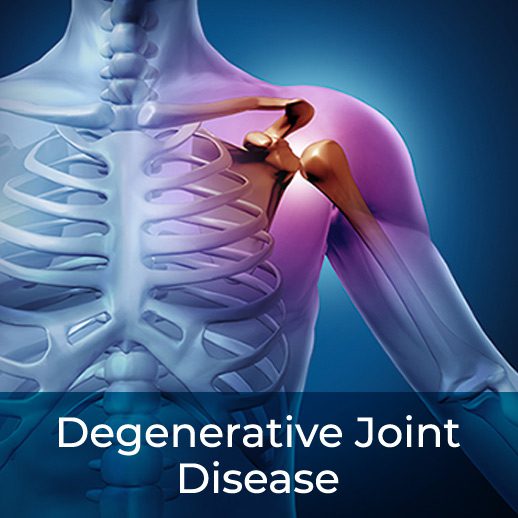
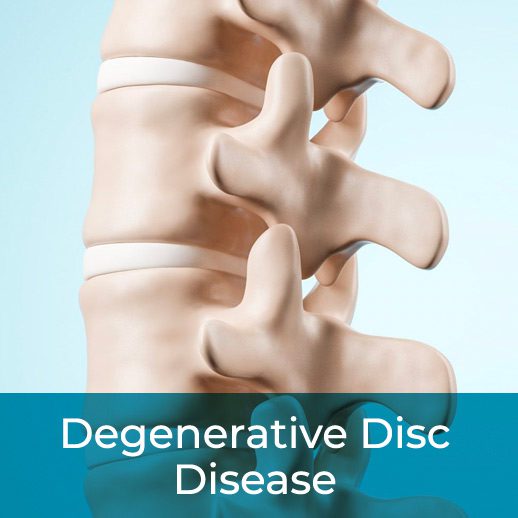

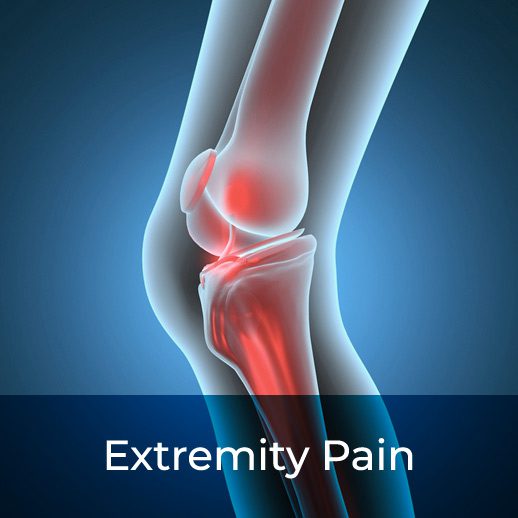




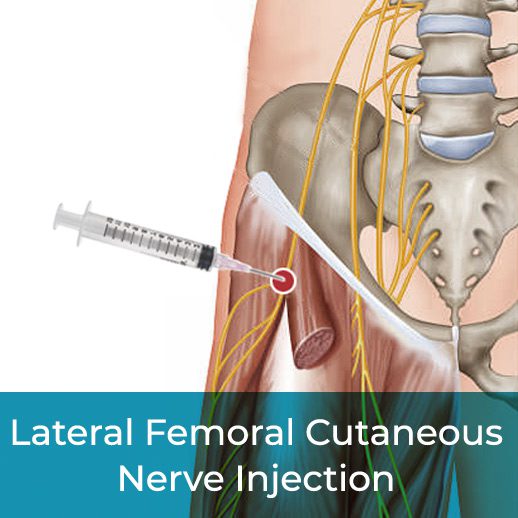


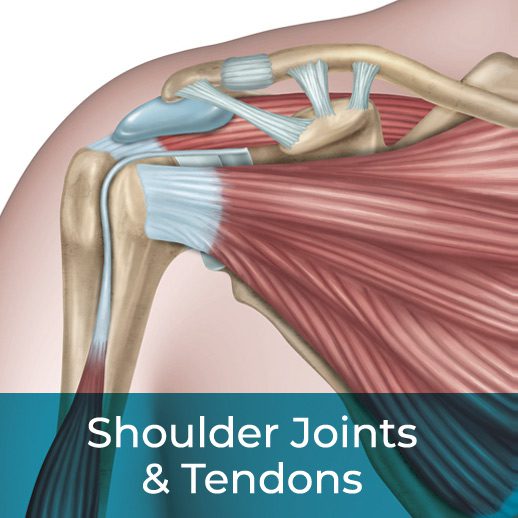


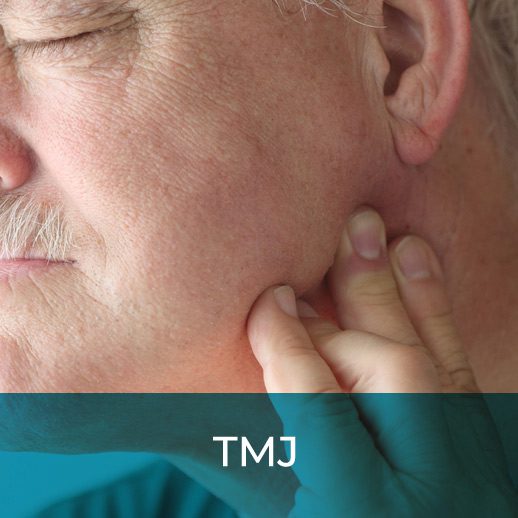



 St. Petersburg, Florida
St. Petersburg, Florida
